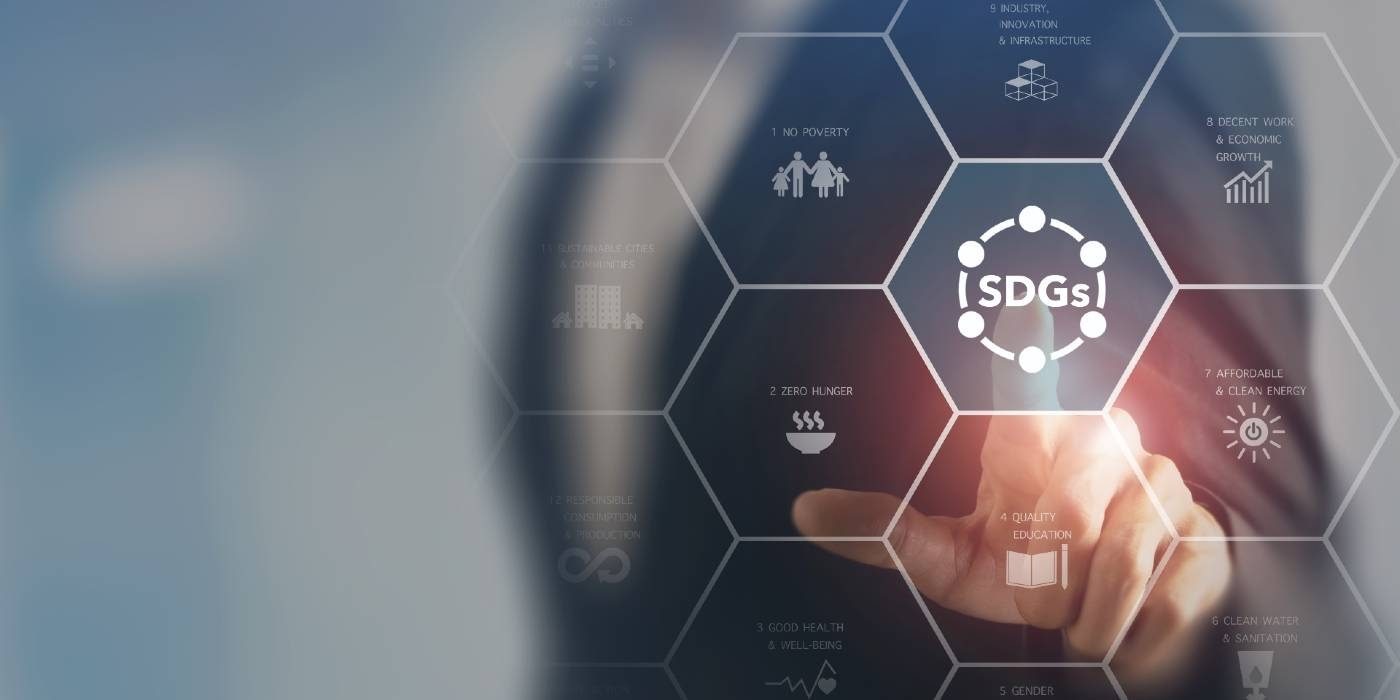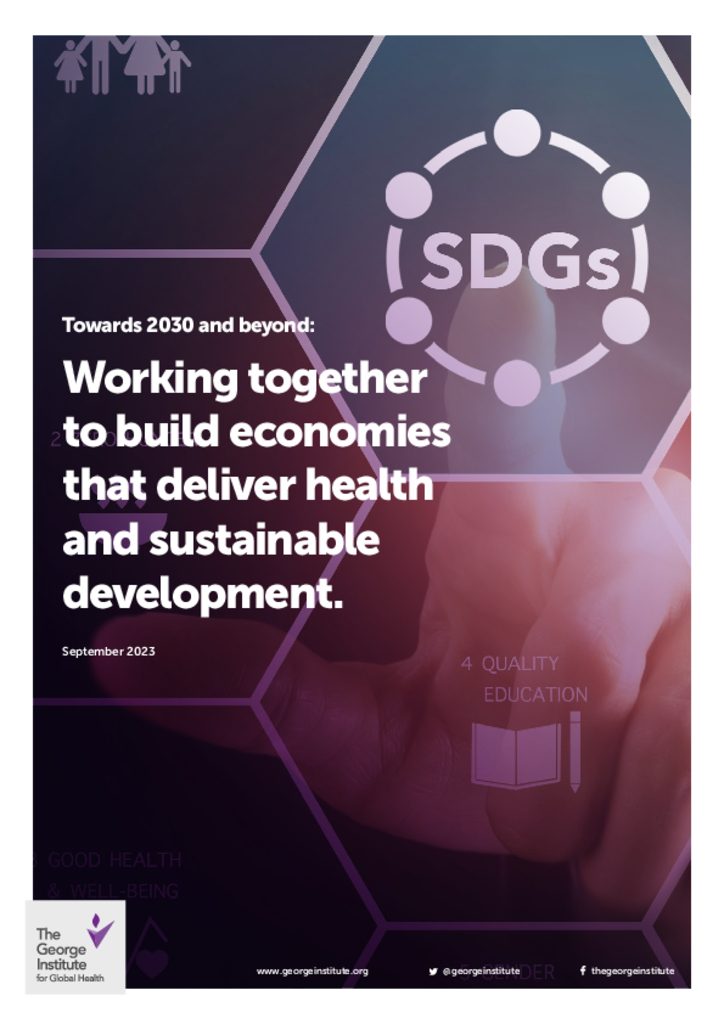In the last four years, the world has experienced multiple crises. The COVID-19 pandemic, climate crisis, conflict, food insecurity and rising cost of living have strained the resilience of our people, societies, and economies. But amid the devastation and damage to lives and livelihoods, there is an opportunity: to ensure recovery efforts embrace transformations that promote inclusivity alongside economic growth and improve both human health and well-being and the health of our planet.
This report captures the discussion and recommendations from an intersectoral roundtable on ‘Towards 2030: Using pandemic insights to build sustainable economies’, held in May 2023. The roundtable brought together stakeholders from diverse sectors and regions, including policymakers and practitioners, civil society organisations and academics, among others; all working to build economies that deliver health and sustainable development.
As one of the participants put it, ‘Despite challenges we had during COVID-19, the pandemic generated innovations and new thinking that is positive and important for accelerating movements towards the 2030 agenda goals. We need to invest in identifying them, nurturing them, and accelerating and expanding those that can add value towards attaining the 2030 goals.’
The event was convened to examine progress, barriers, and opportunities for the pursuit of transformative change in the context of recent crises. Participants reflected on what has worked and what needs to change to achieve health and health-related goals within the current United Nations (UN) 2030 Agenda for Sustainable Development (2030 Agenda), and in future global development agendas. The primary goal of the report is to synthesise discussion from the roundtable, to inform and influence decisions focused on delivering a healthier, more sustainable future.
In line with the five calls to action in the Global Sustainable Development Report 2023, which was previewed during the roundtable by report co-chair Professor Jaime Miranda, the roundtable made a number of recommendations. Among other things, these highlight the need to adopt a wellbeing focus; reduce short-termism in funding and delivery structures for health projects; and use youth engagement as an entry point.
One of the participants noted: ‘As young people, we are continuously asking – how can we improve and safeguard the health of our generation equitably, how can we prevent any further pandemics from taking place, how can we reduce non-communicable disease and protect our planetary and natural environments that are now deteriorating at unprecedented rates?’
The recommendations also call for relevant stakeholders to invest in and adapt existing social programmes; strengthen data collection and monitoring of progress and trends; and develop capacity for addressing issues at the science-policy interface.
Read the report Working together to build economies that deliver health and sustainable development.
The George Institute would like to thank members of the roundtable working group who identified the need to convene stakeholders on this topic and guided the development of the programme. Special thank you also to all panellists and participants for contributing their expertise and input. Thank you to all authors of this report, which captures the discussion and our hopes for influencing a healthy and sustainable future.






